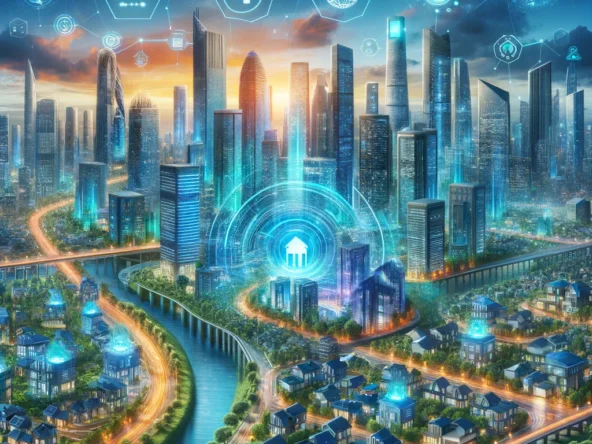Manila: From the Past to the Present
Manila is the capital of the Philippines and one of the most populated cities in the world. It has a rich history that spans centuries and has seen its share of ups and downs. This blog post will take a look back at the past of Manila to the present day.
Manila has been an important port city since the 16th century, when the Spanish colonizers arrived in 1571. During this time, Manila became the center of trade, government, and culture. The city flourished under Spanish rule, becoming an important hub of commerce and culture.
In 1898, the Spanish-American War broke out, and the United States gained control of the Philippines. This marked the beginning of a new era of modernization for Manila. The early twentieth century saw rapid growth in infrastructure, with the building of roads, railroads, and the introduction of electric power.
The 1950s brought a period of economic growth, as well as a cultural renaissance. This period saw the growth of the Filipino film industry, as well as a booming music scene. It was also during this time that the world-famous Manila Bay was developed.
In the late 1960s and early 1970s, Manila was rocked by civil unrest and political turmoil. This led to a period of martial law, which lasted until 1986. During this time, there were many human rights violations and political repression.
Since the end of martial law in 1986, Manila has become a vibrant and modern city. The economy has grown and the infrastructure has been improved. The city is home to some of the most prestigious universities in the world, as well as many world-class shopping centers, restaurants, and entertainment venues.
Manila is still a bustling and vibrant city today, with a diverse population that celebrates its rich history and culture. From the past to the present, Manila has seen its share of changes and remains an important city in the Philippines.




